Announcing Beyond Identity’s new integration with Microsoft ADFS
With the increasing use of cloud applications and single sign-ons (SSO), security and identity professionals are looking to reduce the risks of insecure authentication methods like passwords and improve the user experience across all login scenarios. Whether your workforce is trying to login to web-based applications, native applications designed for specific operating systems, on a company issued or managed device, or a BYOD or unmanaged device, you’ll want the flexibility to control access depending on risk-based signals and your security policies.
Beyond Identity has already released passwordless SSO integrations with Okta, Ping Identity, and ForgeRock, and now we’re proud to expand our integrations to companies using Microsoft Active Directory Federation Services (ADFS). There’s a large base of Microsoft ADFS customers that wanted passwordless authentication for their workforce, and now they can get that and more granular access controls.
Here are 3 things you can expect from our new integration with Microsoft ADFS:
- PROTECT DATA AND RESOURCES Reduce a major source of risk by eliminating passwords and reducing account takeovers.
- PROVIDE A FRICTIONLESS USER EXPERIENCE Users can access applications from every device, without passwords, one time codes, or having to pick up a 2nd device. It’s easy for the workforce to set up, self-manage, and recover their own devices.
- ACHIEVE CONTINUOUS RISK-BASED AUTHENTICATION Establish user and device trust in real-time by enforcing access decisions based on the risk-level of users, the security posture of their devices, and the criticality of the applications or resources they are attempting to access.
Out-of-the-box integration
Integrating Beyond Identity as a claims provider in your Microsoft ADFS environment takes just a few configuration settings within ADFS and can deploy in an hour. Beyond Identity’s a cloud-native solution that employs standard delegated identity provider (IDP) flows which simplifies implementation and ongoing support. This reduces help desk costs since employees can self register, manage, and recover their own devices, improving productivity and reducing lockouts.
With the increasing use of cloud applications and single sign-ons (SSO), security and identity professionals are looking to reduce the risks of insecure authentication methods like passwords and improve the user experience across all login scenarios. Whether your workforce is trying to login to web-based applications, native applications designed for specific operating systems, on a company issued or managed device, or a BYOD or unmanaged device, you’ll want the flexibility to control access depending on risk-based signals and your security policies.
Beyond Identity has already released passwordless SSO integrations with Okta, Ping Identity, and ForgeRock, and now we’re proud to expand our integrations to companies using Microsoft Active Directory Federation Services (ADFS). There’s a large base of Microsoft ADFS customers that wanted passwordless authentication for their workforce, and now they can get that and more granular access controls.
Here are 3 things you can expect from our new integration with Microsoft ADFS:
- PROTECT DATA AND RESOURCES Reduce a major source of risk by eliminating passwords and reducing account takeovers.
- PROVIDE A FRICTIONLESS USER EXPERIENCE Users can access applications from every device, without passwords, one time codes, or having to pick up a 2nd device. It’s easy for the workforce to set up, self-manage, and recover their own devices.
- ACHIEVE CONTINUOUS RISK-BASED AUTHENTICATION Establish user and device trust in real-time by enforcing access decisions based on the risk-level of users, the security posture of their devices, and the criticality of the applications or resources they are attempting to access.
Out-of-the-box integration
Integrating Beyond Identity as a claims provider in your Microsoft ADFS environment takes just a few configuration settings within ADFS and can deploy in an hour. Beyond Identity’s a cloud-native solution that employs standard delegated identity provider (IDP) flows which simplifies implementation and ongoing support. This reduces help desk costs since employees can self register, manage, and recover their own devices, improving productivity and reducing lockouts.
With the increasing use of cloud applications and single sign-ons (SSO), security and identity professionals are looking to reduce the risks of insecure authentication methods like passwords and improve the user experience across all login scenarios. Whether your workforce is trying to login to web-based applications, native applications designed for specific operating systems, on a company issued or managed device, or a BYOD or unmanaged device, you’ll want the flexibility to control access depending on risk-based signals and your security policies.
Beyond Identity has already released passwordless SSO integrations with Okta, Ping Identity, and ForgeRock, and now we’re proud to expand our integrations to companies using Microsoft Active Directory Federation Services (ADFS). There’s a large base of Microsoft ADFS customers that wanted passwordless authentication for their workforce, and now they can get that and more granular access controls.
Here are 3 things you can expect from our new integration with Microsoft ADFS:
- PROTECT DATA AND RESOURCES Reduce a major source of risk by eliminating passwords and reducing account takeovers.
- PROVIDE A FRICTIONLESS USER EXPERIENCE Users can access applications from every device, without passwords, one time codes, or having to pick up a 2nd device. It’s easy for the workforce to set up, self-manage, and recover their own devices.
- ACHIEVE CONTINUOUS RISK-BASED AUTHENTICATION Establish user and device trust in real-time by enforcing access decisions based on the risk-level of users, the security posture of their devices, and the criticality of the applications or resources they are attempting to access.
Out-of-the-box integration
Integrating Beyond Identity as a claims provider in your Microsoft ADFS environment takes just a few configuration settings within ADFS and can deploy in an hour. Beyond Identity’s a cloud-native solution that employs standard delegated identity provider (IDP) flows which simplifies implementation and ongoing support. This reduces help desk costs since employees can self register, manage, and recover their own devices, improving productivity and reducing lockouts.








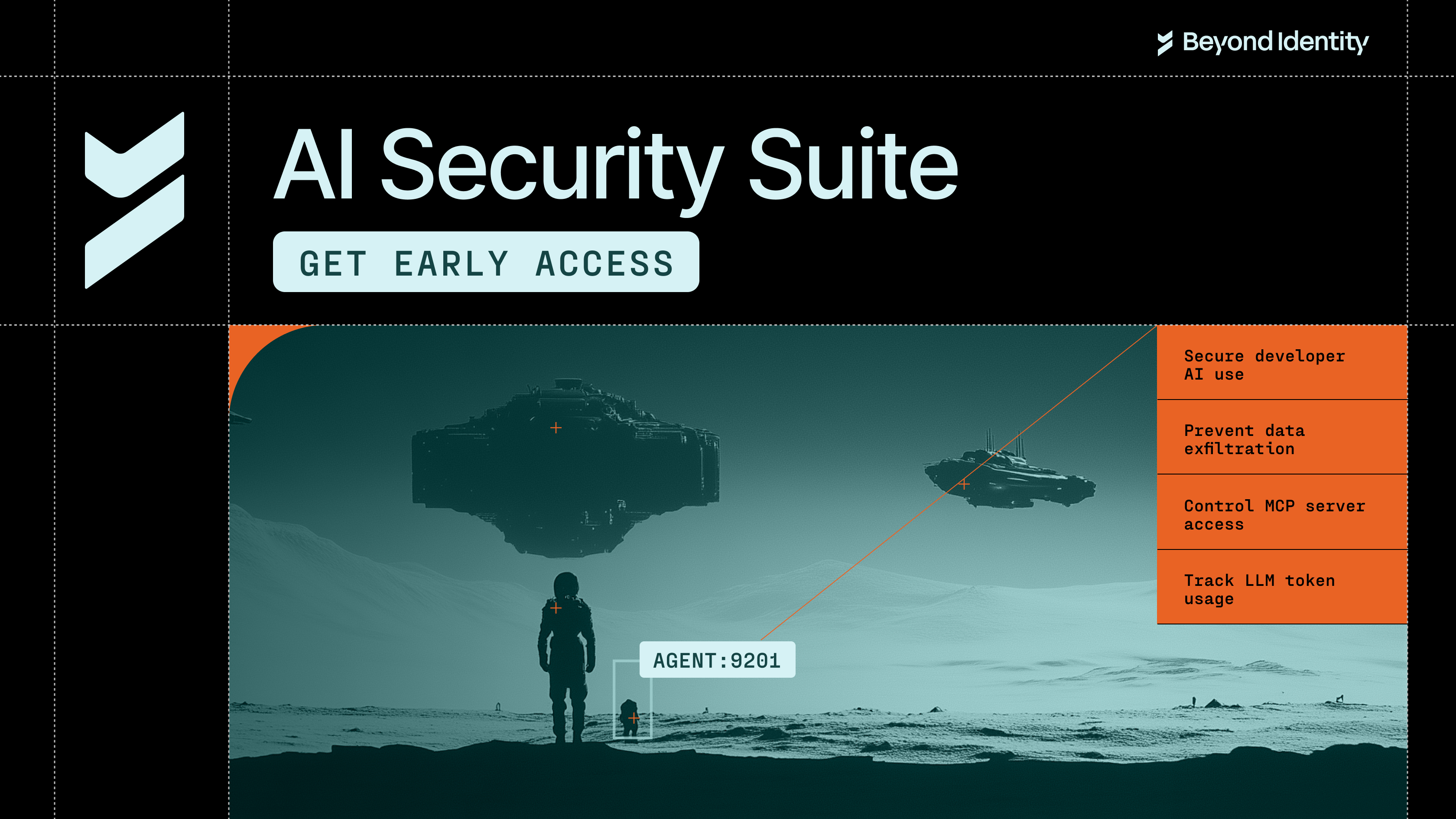
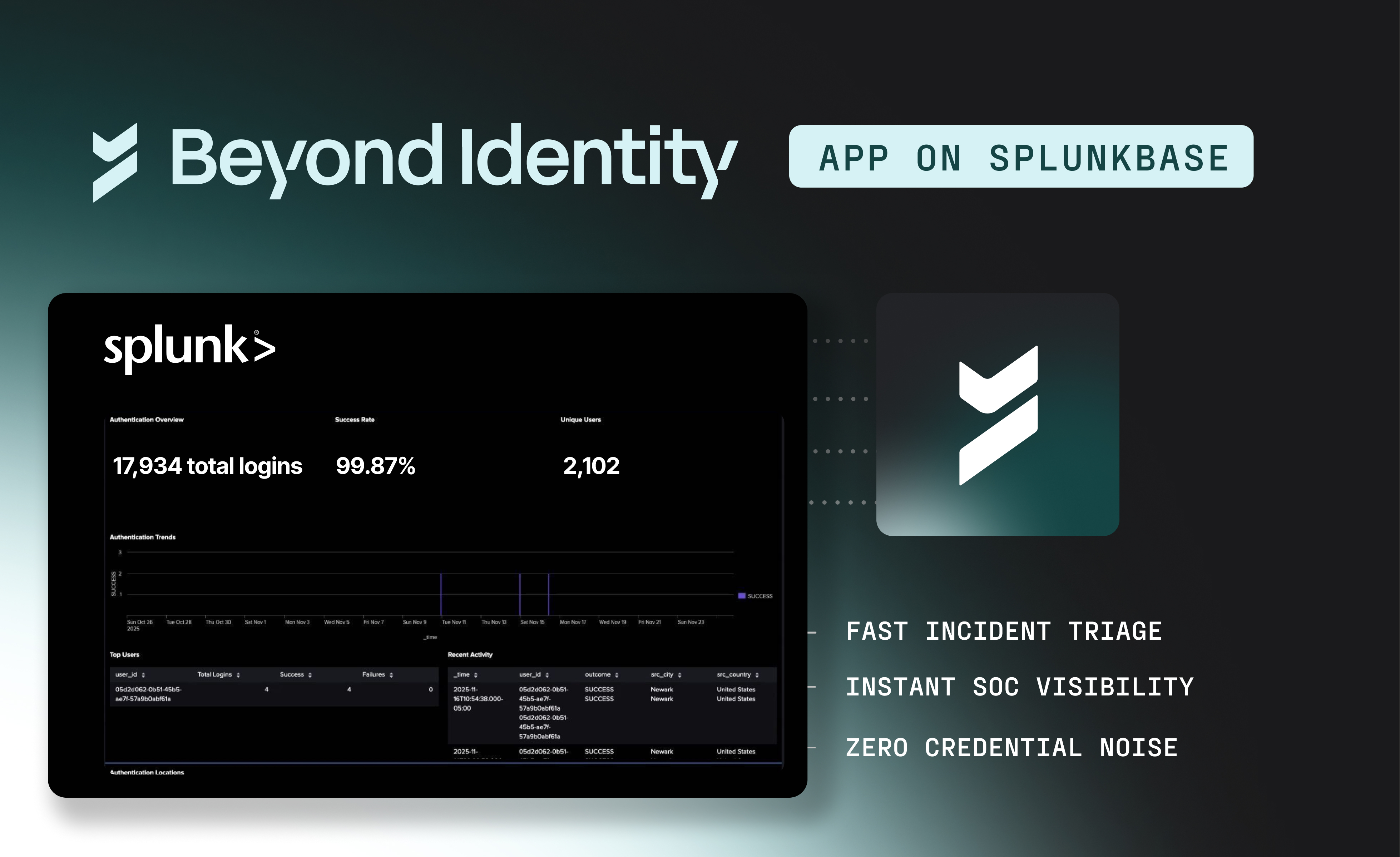
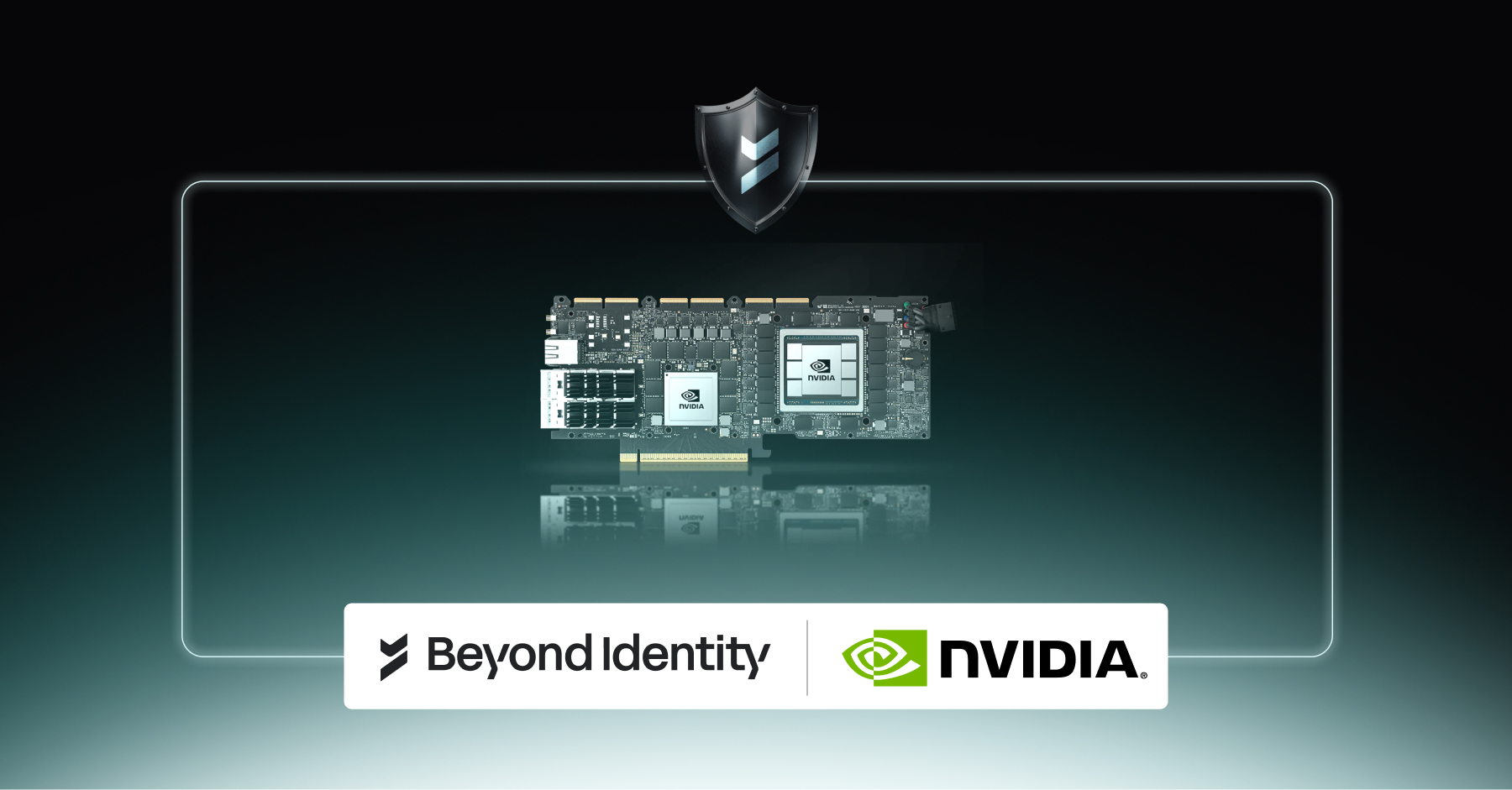


.avif)
.avif)

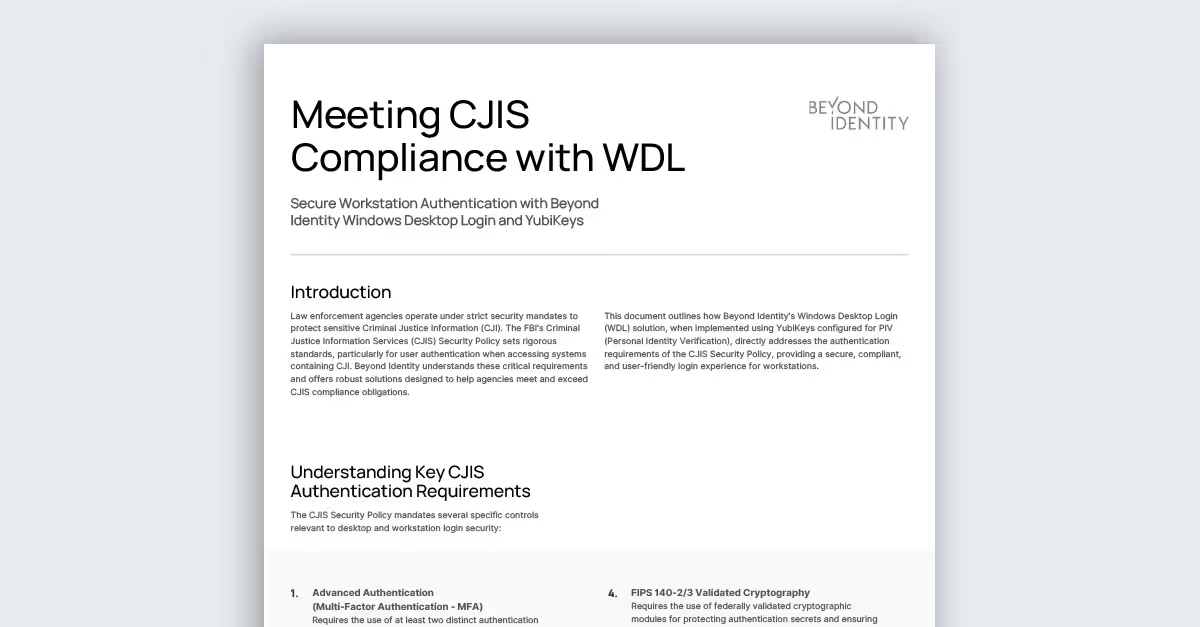
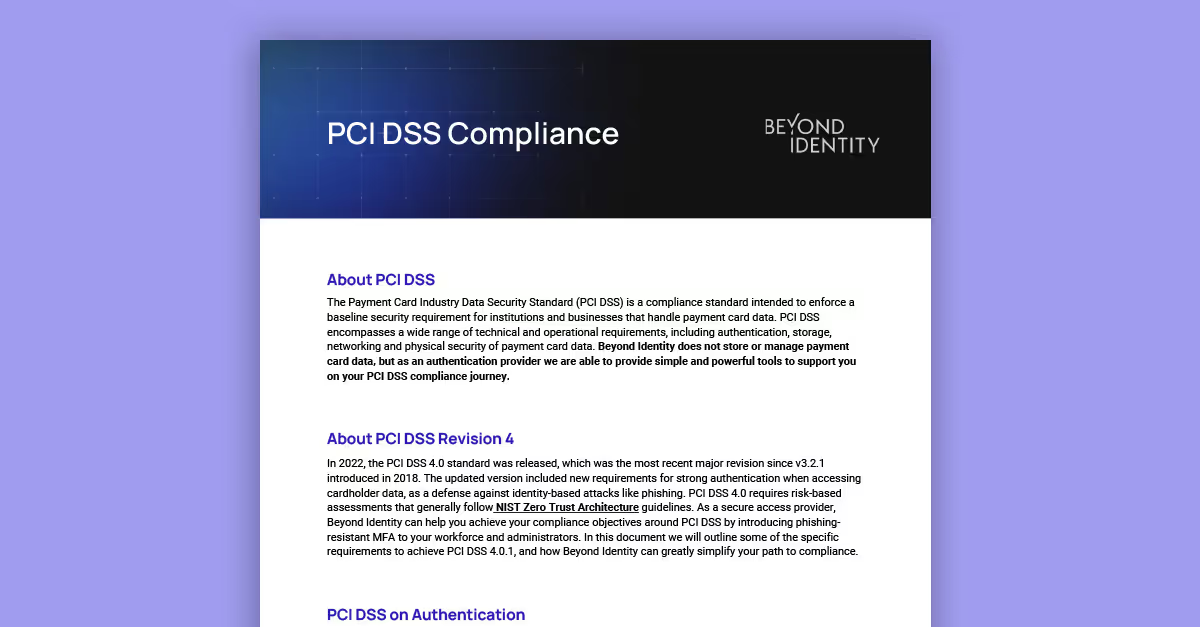
.avif)

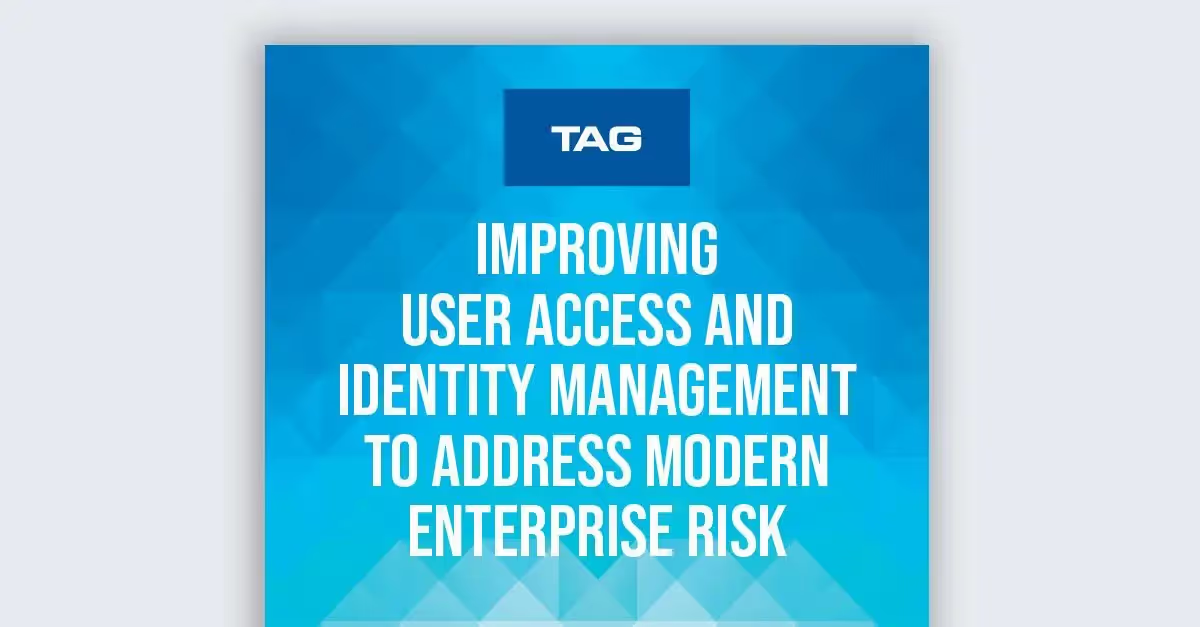




.avif)

